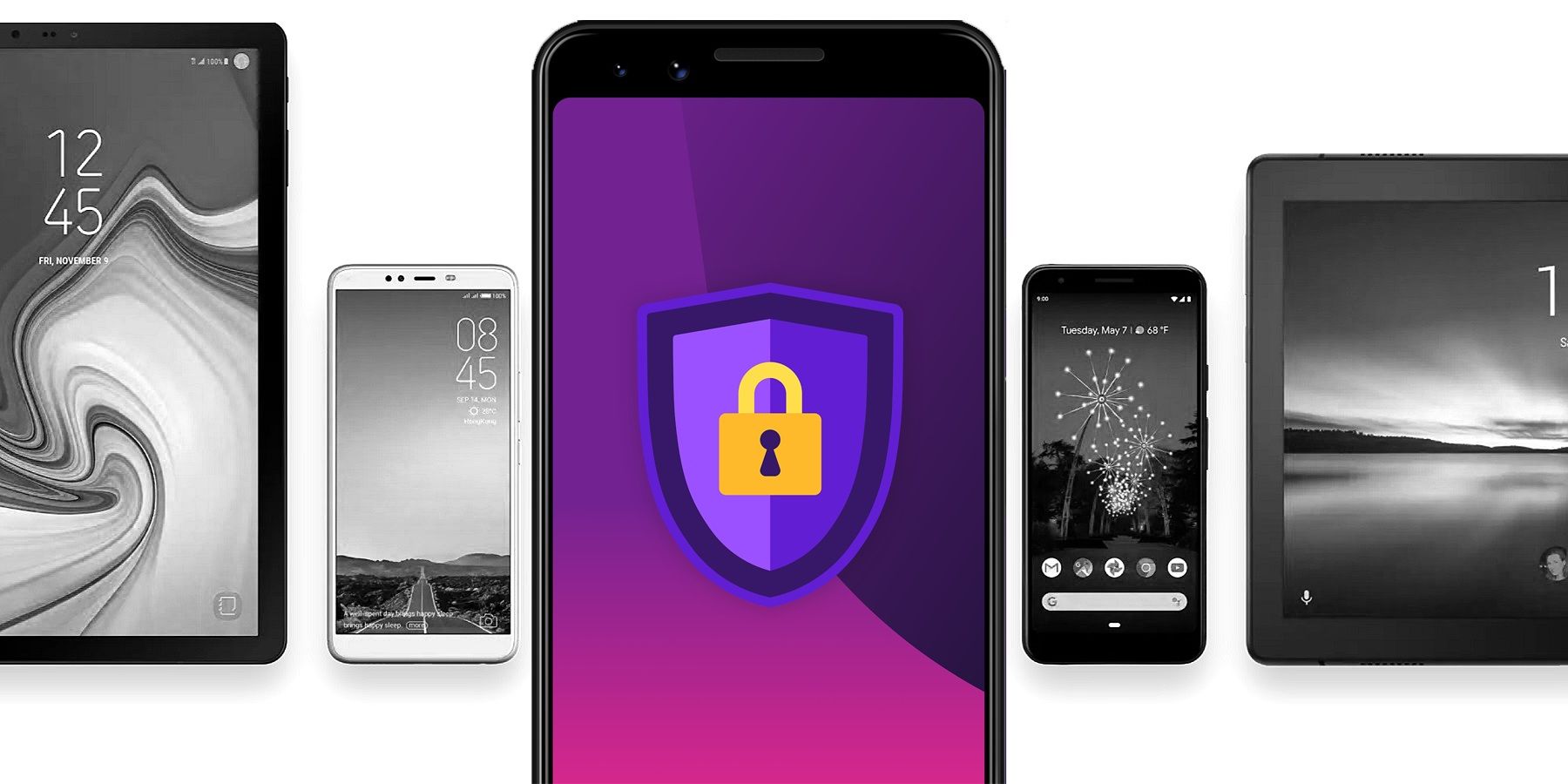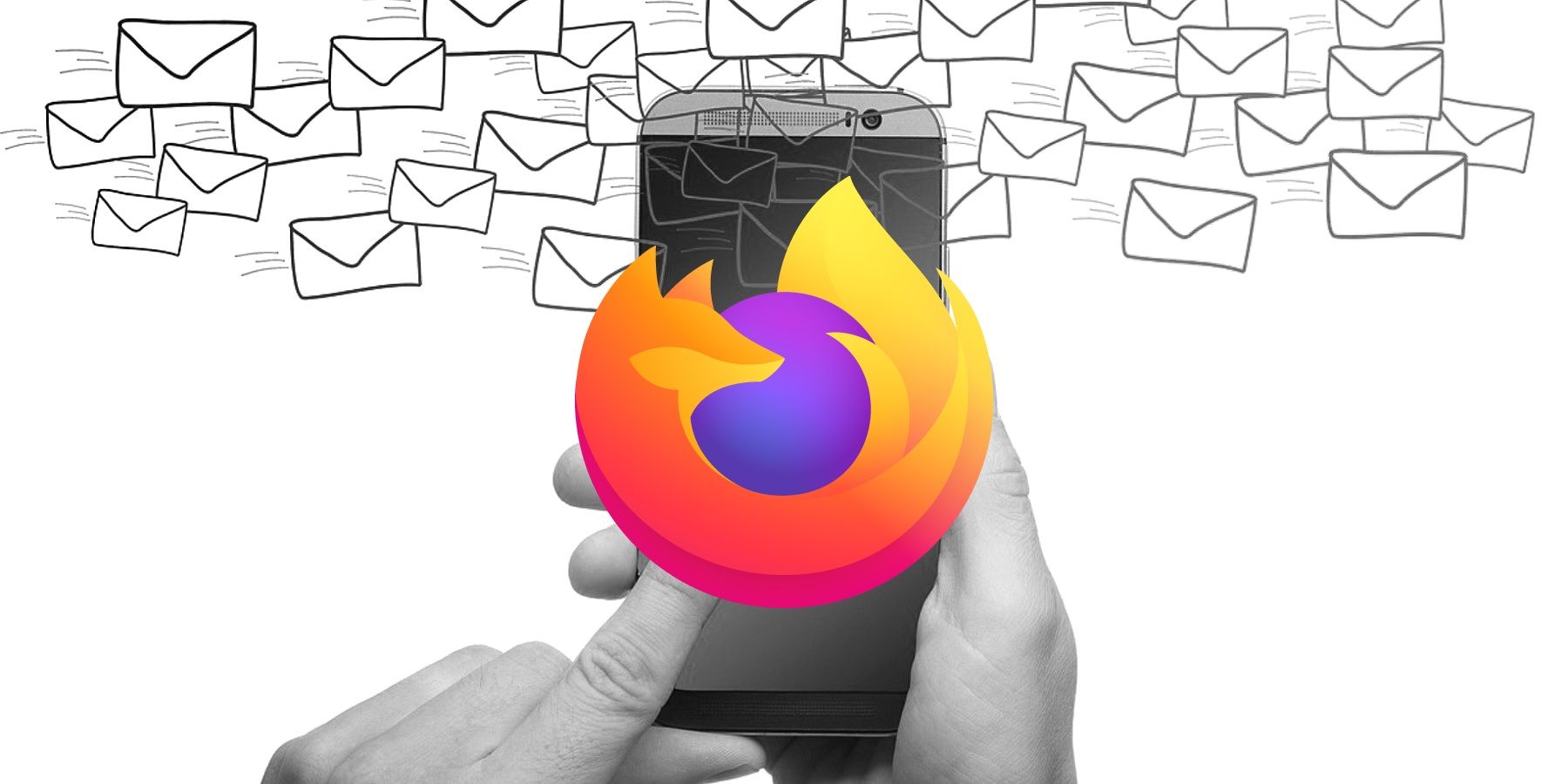News of a bug affecting the cameras of Android smartphones running Firefox has raised privacy concerns among users, but Mozilla says the problem isn't likely to be fixed for some time yet. Application access to hardware like phone cameras and microphones presents a troubling avenue for data security, and raises further questions of how long consumers have been vulnerable and what else may be accessed. While major platforms often face security risks of some kind, this latest news is a setback for the Mozilla Corporation which has recently gone to great lengths to protect sensitive information.
This year, Mozilla has taken steps to protect its user base from data risks, even going so far as to help generate stronger passwords when using third-party services. However, try as developers might, threats continue to persist, and even for big names like Nintendo, which just this year sustained direct breaches of accounts using the Nintendo Switch. The team behind the Firefox browser appears to remain committed to hardening its products, coming out with an extension which reportedly keeps Facebook from tracking user internet activity, even when browsing off the site. Although, this current issue isn't expected to be resolved until later in the year.
Users on YCombinator first began trying to understand the issue and how to recreate it before Traced announced its app could alert users when third-party software tries to utilize hardware or data, with the analysis claiming the problem would occur on websites using an application called WebRTC. It's important to note this source did not specifically say WebRTC is the root cause of the issue. What has been stated is that Android smartphone cameras remained on, in some cases, even when the screen was locked when the app was not closed. Mozilla was first made aware of the bug back in July of 2019, courtesy of an Appear TV employee. In spite of the wide awareness of the issue, users shouldn't expect the problem to go away just yet, as the soonest Mozilla can deploy a fix will be in October, according to ZDNet. In the meantime, Firefox users native to the Android platform should be able to view a notification when a site is attempting to access hardware.
Firefox's Response To The Issue
Users encounter live threats every day, even if they don't realize it. Firefox has taken steps to mitigate similar risks in the past, providing a service called Private Relay to conceal personally identifiable information. As it stands, a solution is still in the works and the current intention is to limit the browser to accessing only audio in the event the screen is locked. At this time, Mozilla has not explained the reason for the wait and instead, seems focused on detailing the problem and acknowledging that the company can do better in the future. The bottom line for those using Android phones running the Firefox browser is that the problem will persist until October at the earliest, and to watch notifications closely, in case the browser continues making use of the hardware.
Any threat to user accessibility and information is a big deal. With household-name companies hitting the news for security breaches and data leaks associated with common devices, it's wise to be aware of best practices for information security. By offering its Private Relay and other user-protection services, Mozilla contiues to be focused on protecting user data and information. However, October is a long time to wait for a security update to software that's so widely used as the Firefox browser on Android.
Source: ZDNet


